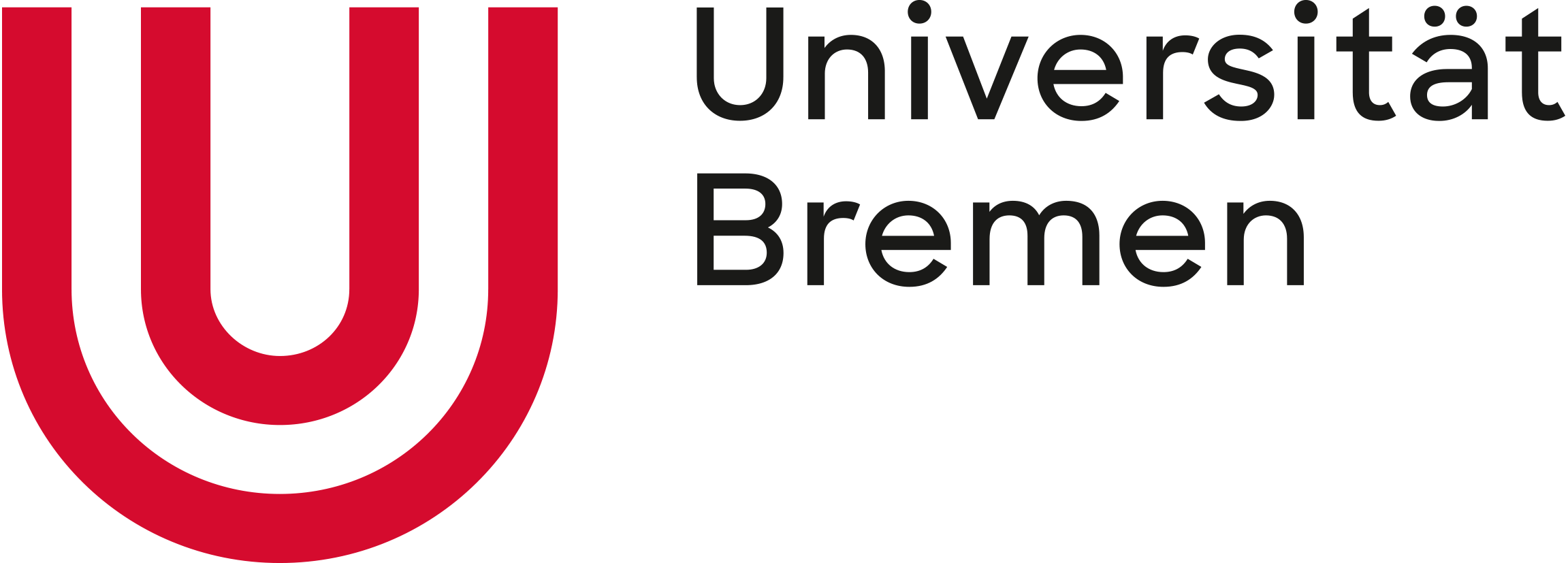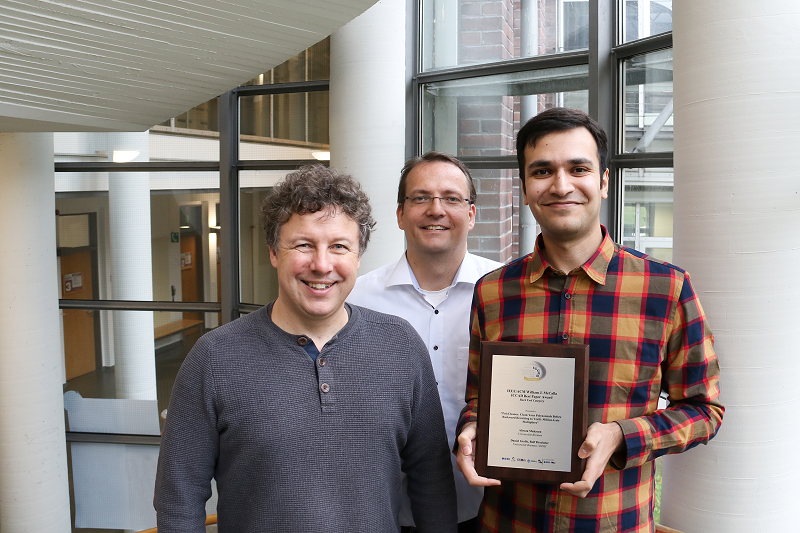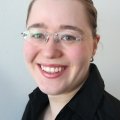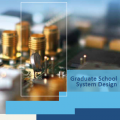AMBITIOUS AND AGILE - Institutional Strategy for Advancing Research Strengths at a Mid-sized University
News
What is going on in the Graduate School System Design.CURRENT NEWS
Mehran Goli successfully defended his dissertation entitled "Automated Analysis of Virtual Prototypes at the Electronic System Level - Design Understanding and Applications"
Mehran Goli at the Workshop on Machine Learning for CAD 2019 in Alberta
Mehran Goli at EUROMICRO Digital System Design Conference 2019 in Kallithea
Rehab Massoud at the Design Automation Conference 2019 in Las Vegas
Alireza Mahzoon at IWLS 2019 in Lausanne
PAST NEWS
Saeideh Shirinzadeh has successfully defended her dissertation entitled "Synthesis and Optimization for Logic-in-Memory Computing Using Memristive Devices"
Anika Behrens at the ARES International Conference on Availability, Reliability and Security 2018
Alireza Mahzoon at ISVLSI 2018, the IEEE Computer Society Annual Symposium on VLSI in Hong Kong
Saeideh Shirinzadeh at IEEE International Symposium on Multiple-Valued Logic (ISMVL) 2018
Felix Hübner successfully defended his PhD thesis "Complete Model-Based Testing Applied to the Railway Domain"
Rehab Massoud on the FORMATS-2017, the 15th International Conference on Formal Modelling and Analysis of Timed Systems in Berlin
Gökçe Aydos successfully defended hid PhD thesis "Parity-based Error Detection with Recomputation for Fault-tolerant Spaceborne Computing"
Saeideh Shirinzadeh on the Genetic and Evolutionary Computation Conference (GECCO) in Berlin
Nils Przigoda successfully defended his PhD theis "SMT-based Validation & Verification of UML/OCL Models".
Mehran Goli on the Design, Automation and Test in Europe (DATE) in Lausanne
Saeideh Shirinzadeh on at the Design, Automation and Test in Europe (DATE) in Lausanne.
Felix Wenk successfully defended his PhD thesis "Inertial Motion Capturing: Rigid Body Pose and Posture Estimation with Inertial Sensors".
Dennis Schüthe successfully defended his PhD "Dynamic Bat-Control of a Redundant Ball Playing Robot" on Febrauary, 2nd, 2017.
Niels Thole on the IEEE Computer Society Annual Symposium on VLSI (ISVLSI) in Pittsburgh
Felix Hübner on the International Conference Reliability, Safety and Security of Railway Systems (RSSR2016) in Paris
Gökçe Aydos presents his work at NORCAS 2015
Dennis Schüthe presents ball playing robot at the Open Campus Day
Dennis Schüthe and Felix Wenk presented their recent works at the IEEE/RSJ International Conference on Intelligent Robots and Systems (IROS)
Julia Seiter at Test and Proof 2015
University of Bremen presents new video about the Graduate School System Design
Research in France: SyDe PhD student Niels Thole will spend six month in Grenoble, funded by DAAD
Felix Wenk presents prototype at the CeBIT 2015
Julia Seiter on the FDL in Munich / 14.-16.10.14
Postal address:
Graduate School System Design
University of Bremen FB3
BibliothekstraÃe 5 | MZH
28359 Bremen
Feel free to contact us if you have any questions regarding SyDe or if you are interested in open research positions. We will be happy to fix a date for a personal meeting.
Graduate School System Design
University of Bremen FB3
BibliothekstraÃe 5 | MZH
28359 Bremen
Feel free to contact us if you have any questions regarding SyDe or if you are interested in open research positions. We will be happy to fix a date for a personal meeting.





